Posted on 3/2/2026
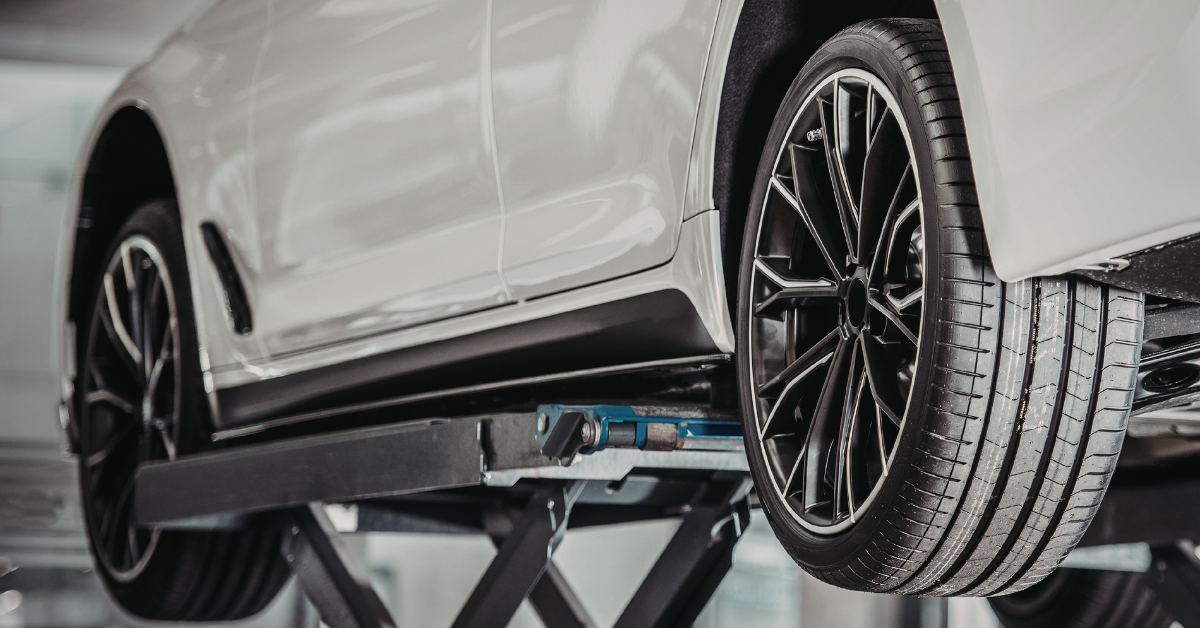
If you drive an imported car in San Diego, you already know there’s something special about the way it handles the road. Whether it's the precision of a German sedan or the elegance of a Japanese coupe, imported vehicles deliver a driving experience that’s both smooth and refined—especially when the suspension is properly maintained. But San Diego roads, while beautiful, aren’t always kind to your suspension. From stop-and-go traffic on I-5 to the occasional pothole downtown, the demands of local driving can quietly wear down your vehicle’s ride quality. That’s why import car suspension maintenance is more than just a good idea—it’s essential for comfort, safety, and long-term value. Why Suspension Maintenance Matters Your car’s suspension system is what keeps your ride comfortable, your handling stable, and your tires in contact with the road. For imported vehicles, which are often finely tuned for performance and luxury, ke ... read more
Posted on 2/15/2026
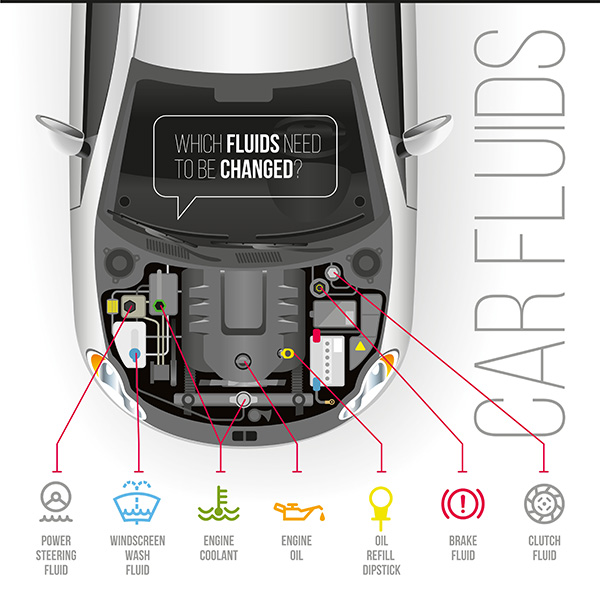
Most drivers do not think about fluids until something feels off. A warning light pops up, the temperature climbs in traffic, or the brakes start feeling different on the pedal. Fluids are the quiet side of vehicle health, and checking them takes less time than most people expect. This is not about becoming a mechanic. It is about spotting low levels early, catching leaks before they grow, and keeping your car on a simple maintenance rhythm. One quick inspection now and then can prevent a lot of hassle. Why Car Fluid Checks Matter Fluids cool, lubricate, clean, and transfer force. When a level drops, parts run hotter and wear faster. When fluid ages, it can lose its protective properties, allowing deposits or corrosion to form. It also helps to remember that some problems hide in plain sight. A car can drive normally while the coolant level is low or the brak ... read more
Posted on 2/1/2026
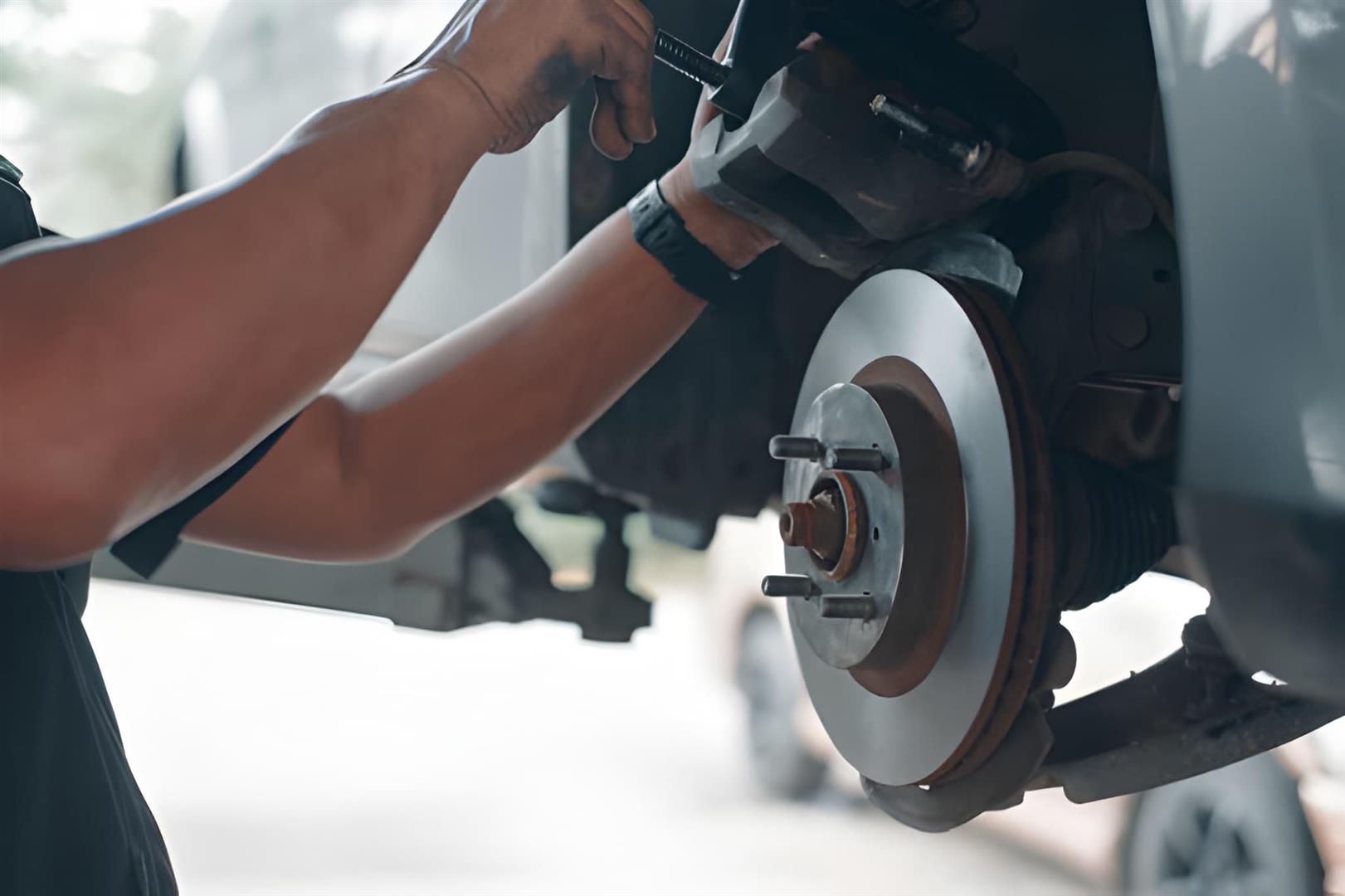
Driving a European car in San Diego—whether it’s a BMW, Audi, Mercedes-Benz, Volkswagen, or MINI—means enjoying refined performance, precision engineering, and confident handling. But that performance depends heavily on one critical safety system: your brakes. Many drivers wait until braking feels bad before taking action. By then, the damage is often more extensive and expensive. Knowing the early warning signs can help you stay safe, protect your vehicle, and avoid unnecessary repairs. At Import Auto Specialists, we believe informed drivers make better decisions—and safer ones. If you’ve been asking yourself, “Do my brakes need service?” this guide will help you recognize the signs and understand when it’s time to schedule professional brake service in San Diego. Why Brake Service Is Especially Important for European Cars European vehicles are engineered differently from many domestic cars. Their braking systems are designed for res ... read more
Posted on 1/15/2026
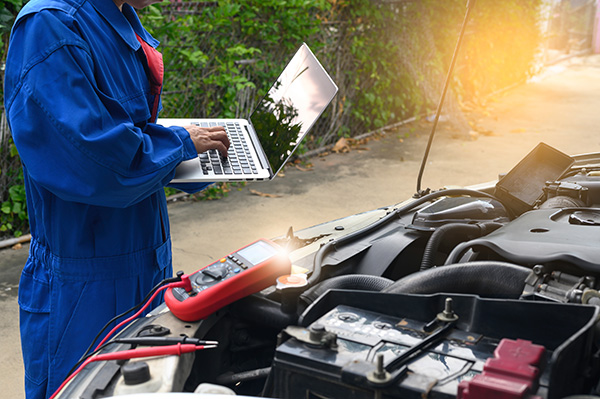
Most expensive engine repairs don’t start out expensive. They usually begin as a small change you can explain away, a tiny stumble at a stoplight, a light that comes and goes, or a fuel economy drop that seems temporary. The tricky part is that modern engines will often “work around” a problem for a while, and that can make the early stage feel harmless. Regular diagnostics help you catch the real cause while it’s still a straightforward fix, instead of a chain reaction. What Engine Diagnostics Actually Checks A code scan is only the starting point. Engine diagnostics is really about figuring out why the computer is unhappy, not just reading what it noticed. We look at stored codes, freeze-frame data, fuel trims, misfire counters, sensor signals, and how the engine behaves when it’s cold, warmed up, idling, and under load. That extra information matters because many codes describe a condition, not a broken part. “Running lean&rdq ... read more
Posted on 1/1/2026

Trust Your Gut—and Your Dipstick Driving an imported car in San Diego is a privilege and a responsibility. Whether it’s a high-performance Audi, a reliable Lexus, or a sporty BMW, your vehicle deserves top-notch care. And when it comes to basic maintenance, few things are more essential than keeping up with oil changes. But how do you know when it’s time for an import car oil change in San Diego? The answer isn’t always obvious, especially if you don’t drive every day or rely on generic service reminders. At Import Auto Specialists, we believe in empowering you with real knowledge, not just flashing dashboard lights. Let’s break it down: the signs to look for, how often to change it, and why synthetic oil makes a difference for imported cars. Why Oil Changes Matter for Imported Cars Imported vehicles, especially those from Europe and Japan, are built with precision in mind. They often feature turbocharged engines, smaller tolerances, and perform ... read more
Posted on 12/15/2025
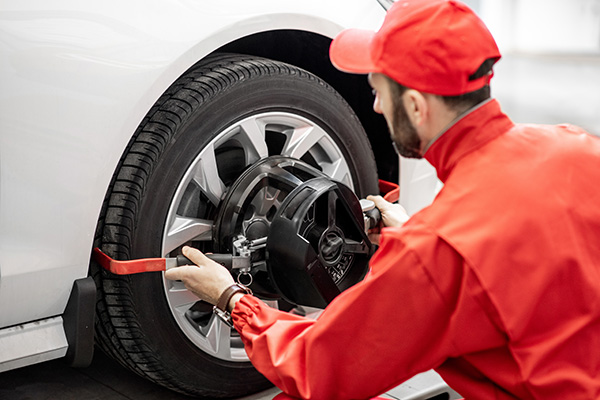
Wheel alignment and tire balance sound similar, but they solve very different problems. One sets the angles your wheels point and lean, which determines how the car tracks and how the tires wear. The other evens out the weight around each tire and wheel assembly so it spins smoothly at speed. Knowing which service you need saves time and money. Alignment vs. Balance in Plain Terms Alignment adjusts the chassis geometry so the wheels point in the correct direction and sit at the correct tilt. Balance adds or moves small weights so each tire and wheel spins without a hop or shake. Alignment changes how the car drives and how the tires wear over thousands of miles. Balance changes how smooth it feels today on the freeway. Symptoms You Can Feel From the Driver’s Seat Use these quick cues to narrow it down: Likely Alignment The steering wheel sits off center on a straight road, the car drifts left or right, you see feathered edg ... read more
Posted on 12/1/2025
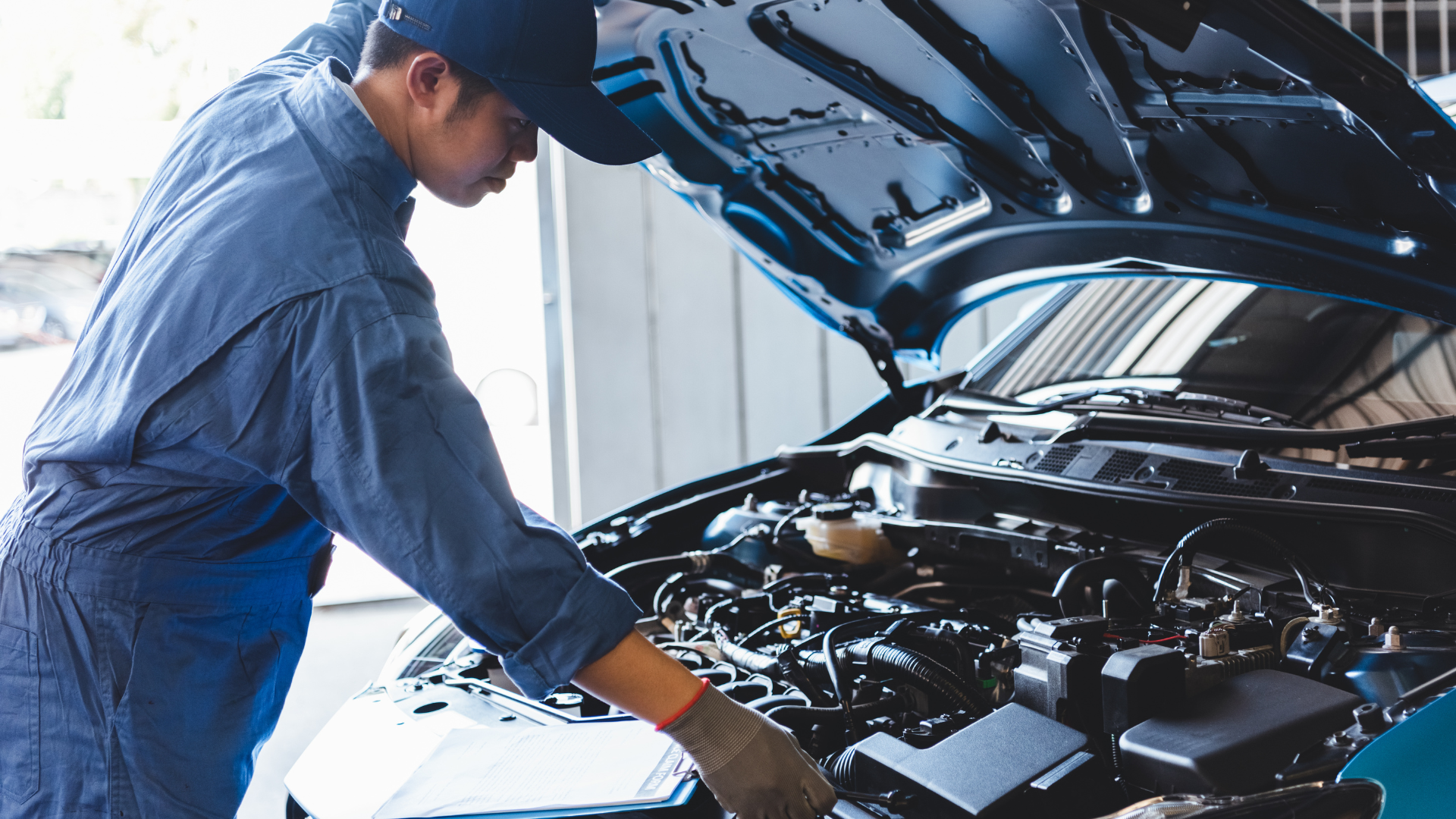
Every car makes noise. But not all noises are normal, and some can be a warning sign of bigger problems under the hood. Whether it’s a high-pitched squeal, a grinding sound when you brake, or a mysterious rattle that shows up at every red light, strange vehicle noises can be unsettling. At Import Auto Specialists in San Diego, we’ve diagnosed thousands of unusual sounds from European and Asian vehicles since 1996. While some noises may be harmless, others could be signs of critical issues that need immediate attention. This guide will walk you through the most common types of car noises, what they might mean, and when to get them checked out by a pro. 1. Squealing When You Start the Engine What it might be: Worn or loose serpentine belt. If you hear a loud squeal right after starting your car, especially on a cold morning. It’s often due to a loose or worn serpentine belt. This belt powers several key systems, including the alternator, power steering, and ... read more
Posted on 11/15/2025
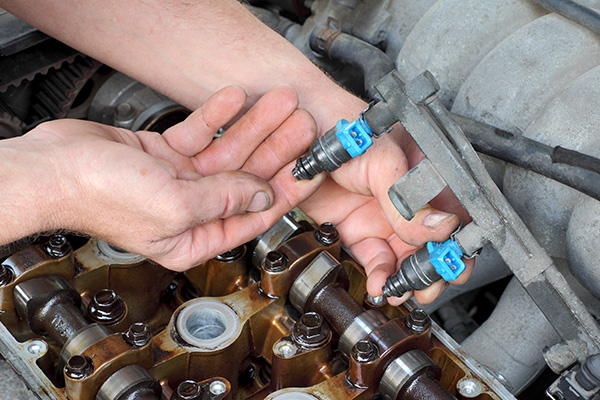
Modern import engines rely on precise fuel delivery. Tiny injector nozzles meter fuel in exact amounts and patterns, so the mixture burns cleanly and the engine responds the moment you press the pedal. Over time, fuel deposits and varnish narrow those passages. Spray turns from a fine cone into uneven droplets, and performance fades. Proper injector cleaning brings the pattern back, along with the power, smoothness, and economy you remember. Why Injectors Get Dirty in the First Place Gasoline leaves behind microscopic residue each time the engine shuts off. Heat soak bakes that residue on the injector tip. Short trips make the buildup worse because the engine never spends long at full operating temperature. Low tank levels can stir up sediment, and extended storage lets varnish form. Even high-quality fuel allows some deposits over thousands of miles. None of t ... read more
Posted on 11/3/2025
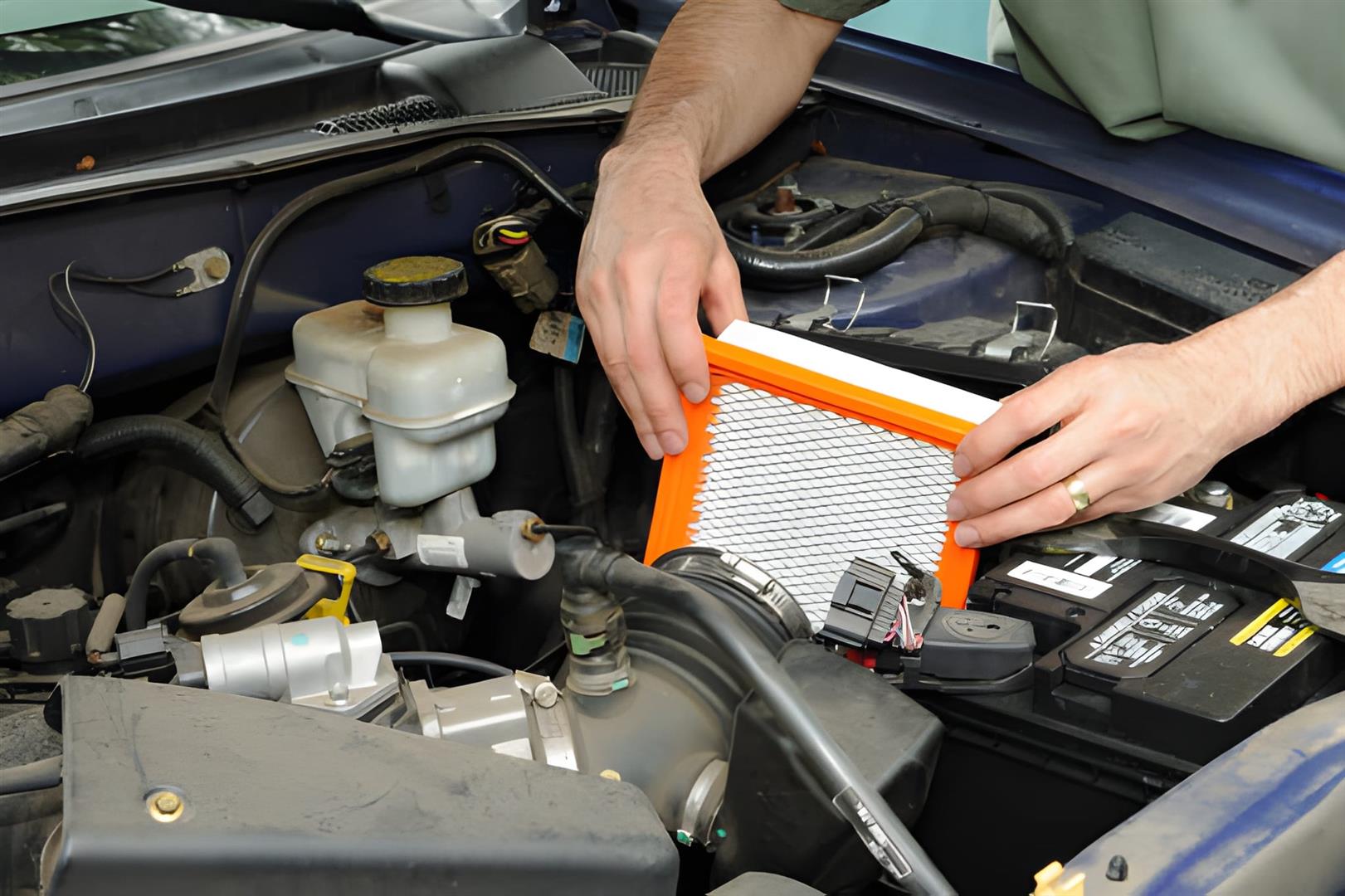
Your car’s engine needs air just like you do. But what happens when that air is full of dust, pollen, and road debris? That’s where your engine air filter steps in and if you haven’t checked or replaced it lately, it could be silently hurting your car’s performance, fuel efficiency, and even long-term reliability. At Import Auto Specialists in San Diego, we’ve been keeping vehicles running clean since 1996. Today, we’re diving into a small but mighty component that plays a big role in your vehicle’s health: the engine air filter. What Does an Engine Air Filter Actually Do? Think of your engine as a set of lungs. To run efficiently, it needs a constant flow of clean air to mix with fuel for combustion. The engine air filter’s job is to block contaminants—like dust, sand, insects, and debris—from entering your engine and causing damage. Over time, especially in a place like San Diego where dry, dusty conditi ... read more
Posted on 10/15/2025
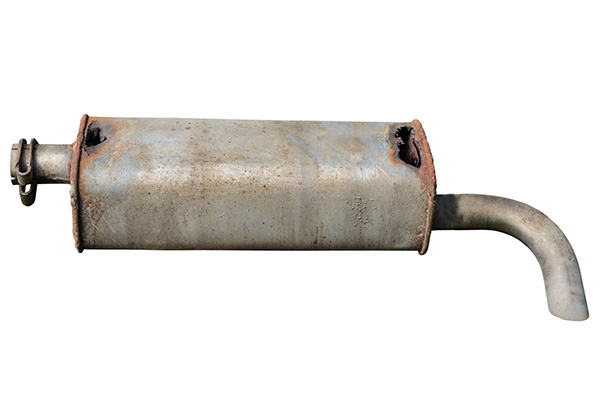
Your car’s exhaust system is one of the most overlooked parts of the vehicle. Most drivers only think about it when the car suddenly gets louder or fails a smog test. But the exhaust system is more than just a muffler. It safely removes engine gases, helps with fuel efficiency, and reduces harmful emissions. When it starts to fail, the result isn’t just annoying noise. It can also affect your car’s performance, increase fuel costs, and create unsafe conditions inside the vehicle. That’s why it’s important to know when to repair or replace exhaust components. Signs That Your Exhaust Needs Attention One of the most noticeable signs is a change in sound. If your car gets louder than usual, especially during acceleration, there may be a hole or crack in the exhaust pipe or muffler. You might also hear a low rumble or hiss. These sounds typically mean that part of the system is leaking. In some cases, you may feel a vibration in the steerin ... read more